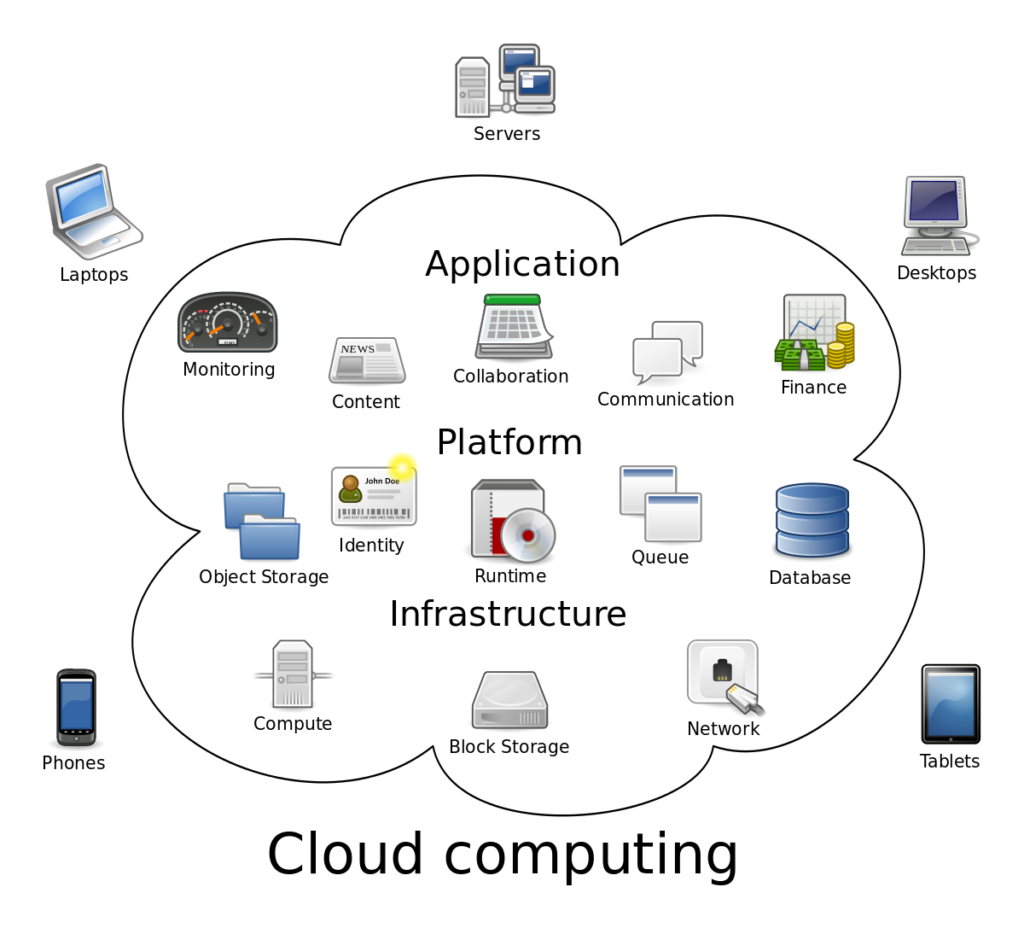The cloud hosting industry in 2019 witnessed an all-time high with a large number of investments, partnerships and product launches by big players. What was most surprising though the year was the number of Small-Medium Businesses (SMBs) taking the plunge with cloud services to avail data storage facilities in a bid to improve their product offerings.
We also saw many Cloud Giants like Alibaba Cloud, AWS, Google and Oracle hogging the news cycle with their expansion strategies and endeavors for the future. This trend has heated the cloud market and made many industry analysts and onlookers predict the future of cloud hosting. Many predict that the rise of the cloud industry will steer the wheel of smaller players who piggyback on the steady wagons of larger enterprises whereas some predict that the smaller players will emerge as winners on their home soil while competing against foreign rivals.
These speculations might be rife, but a consistent theme that emerges through these events is that the cloud industry is here for good. And some of the signs of their legacy were sown last year when it reached a staggering USD 216 billion in number as an industry.
Top cloud computing trends and predictions
Let us see which cloud computing trends will be seen in 2020, and also, let us evaluate which predictions will cement the future of this industry further.
1. More data centers
Data center expansion has been on the horizon of many business heads simply for the reason that expanding their reach to other cities or countries gives them a local advantage and helps them deal with latency issues of data networks. Alibaba Cloud’s entry in India was one such strategic move that was geared towards giving a better service to their Indian customers and expanding their business horizon in the same region. Banks and financial institutions are comfortable with providing real estate capital to cloud providers who seek to build more data centers because of the ROI this industry has given over the years. Which is why it is safe to say that this trend will continue and probably be the top trend for 2018 as well.
2. Acquisitions and consolidations
There are moves with intent, and then there are moves which are intense. The number of strategic moves done by AWS, Google, Microsoft are quite a few in this calendar year. But, number hasn’t always been a measure of profitability. Many organizations made a move with an intent to grab a larger chunk of the market. But, some moves made a lot of difference. Like Microsoft’s acquisition of Cycle Computing which gave the former’s customers a benefit of computing ‘big data jobs’. This move was surely intense since Microsoft swept this deal right under the noses of their competitors with a strong pursuit strategy.
Another trend that is likely to be the talk of the industry is acquisition of foreign companies for market diversification. SUSE’s acquisition of Aptira in the APJ ( Australia Pacific & Japan) region has taken the APAC region by storm. With this acquisition, both parties will consolidate their complementing portfolios to provide a holistic solution to their customers in the region. We see this trend worth mentioning as well.
3. More innovative products on the shelf
The cloud industry has been brave with the products that they have launched this year. That is because innovation collectively has been a key ingredient to their product mix apart from filling the need gap for their customers. Datrium’s Cloud DVX, Microsoft’s Azure stack for Indian SMEs, SIMA Solution’s IBM integrated SIMA Cloud are some products that can be named as we speak of innovation.
The birth of these products has been mostly because challenging situations were thrown at the parent organizations by their customers when it came to satisfaction and user experience of the product. This shows that customers really are looking for newer solutions that cater to their needs when it comes to cloud. Definitely a trend that we will continue to see next year. What a simplified cloud could look like for the average SMB who is looking for web hosting must definitely check out ResellerClub’s hosting plans.
4. Rise and rise of IoT
Connected devices are the future. Today, more or less with all the devices like watches, cars, home appliances and laptops being integrated together, storing data on the cloud has become imperative. The IoT (Internet of Things) industry has also seen a positive demand-supply with growing awareness of consumers towards integrated services. IoT provides minute behavioural insights to businesses and helps them learn more about consumers. With this data, a business can build relevant customer experiences with the help of automation and smart tools.
5. Container systems to prevail
Cloud industry relationship with container management systems is nothing less than blooming. They give developers the freedom to create measurable and predictable environments that work in silos. They run almost anywhere and provide the same benefit all over. With respect to cloud, their role of enabling developers build, store, run and orchestrate production has made them popular with decision-makers and developers alike. Hence, the cloud hosting provider advocates container management systems to business who have an in-house tech team.
